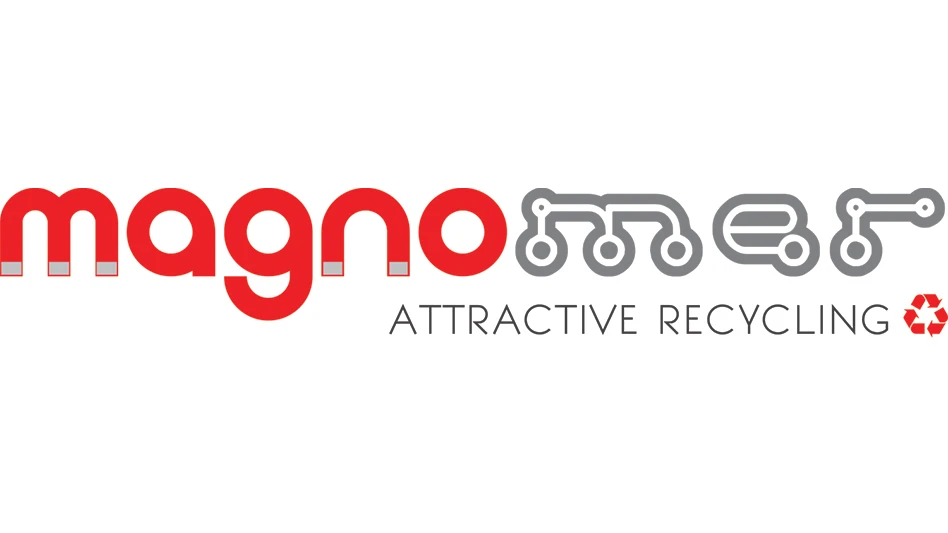The Brussels-based European Waste Management Association (FEAD) says a recent European Commission (EC) pledge to reduce natural gas demand by 15 percent serves as a reminder that “the waste management sector is not (yet) at its full capacity of producing and saving energy.”
Tying its statements to the recent EC REPowerEU plan, FEAD says, “The waste management sector has a fundamental role to play [to] end the EU’s dependence on Russian fossil fuels and to tackle the climate crisis.”
FEAD says recycling and recovery operations save material resources, energy and CO2 emissions by avoiding the extraction, processing and use of virgin raw materials and fossil fuels.
Additionally, the organization says the electricity and heat produced from waste-to-energy (WTE) capacity and anaerobic digestion (AD) are “generated from a local, reliable and secure source, which allows us to diversify our energy [and] accelerates the roll-out of renewable energy.”
FEAD also points to the energy savings benefits of aluminum can recycling and says WTE plants in Europe “can currently supply 18 million inhabitants with electricity and 15.2 million inhabitants with heat.”
The group adds, “To fulfill our role and achieve our full capacities, these positive contributions need to be fully recognized, making the waste management sector eligible to any relevant regulatory tool.”
On that front, FEAD is asking the EU and EC for “recognition of energy recovery (R1) from selectively collected, residual, nonhazardous waste in the EU Taxonomy as an activity substantially contributing to (a transition to) a circular economy.”
The group says the EU also can do more to implement “measures that foster recovery and recycling markets in the EU through public support; mandatory recycled content targets in sectoral legislation; mandatory green public procurement criteria; financial incentives (such as reduced VAT, or value-added taxes); and EU-wide end-of-waste criteria, when feasible, to facilitate exports of secondary raw materials from recycling inside and outside the EU.
FEAD President Peter Kurth says, “The European waste management sector has a role to play in the decarbonization of our society, avoiding the combustion of fossil fuels and the use of virgin raw materials; it has a role to play in the promotion of a circular economy, by producing secondary raw materials and safely treating nonrecyclable waste; and it has a role to play in the energy independence of the EU, by providing energy from a local, reliable and safe source.”
Another Brussels-based organization, Zero Waste Europe, says for emissions reduction purposes, recycling represents a much better outcome compared with mixed materials energy production.
Janek Vähk of Zero Waste Europe says, “Realistically, taking into account the EU recycling targets, the theoretical contribution of energy from incinerators would only be around 0.93 to 1.39 percent. There is, however, a better strategy for reducing our dependency on Russian gas while tackling climate change,” he says, “by making better use of our plastic [scrap] generated within the EU.”
Much of the EU’s plastic scrap currently “gets incinerated as part of mixed waste (nonseparately collected municipal solid waste),” says Vähk. He continues, “Roughly 10 percent of the EU’s gas use is for making plastics. Pulling out that plastic and recycling it instead of burning could double the amount of plastic [scrap] available for the recycling of plastic packaging, saving 40 million metric tons of CO2 annually.”
FEAD says it represents the private waste and resource management industry in Europe, including 19 national waste management federations and 3,000 waste management companies.
Zero Waste Europe describes itself as advocating for sustainable systems and the redesign of the continent’s relationship with resources, to “accelerate a just transition towards zero waste for the benefit of people and the planet.”
Latest from Recycling Today
- Haber raises $44M to expand to North America
- Canada Plastics Pact releases 2023-24 Impact Report
- Reconomy brands receive platinum ratings from EcoVadis
- Sortera Technologies ‘owning and operating’ aluminum sorting solutions
- IDTechEx sees electric-powered construction equipment growth
- Global steel output recedes in November
- Fitch Ratings sees reasons for steel optimism in 2025
- P+PB adds new board members





